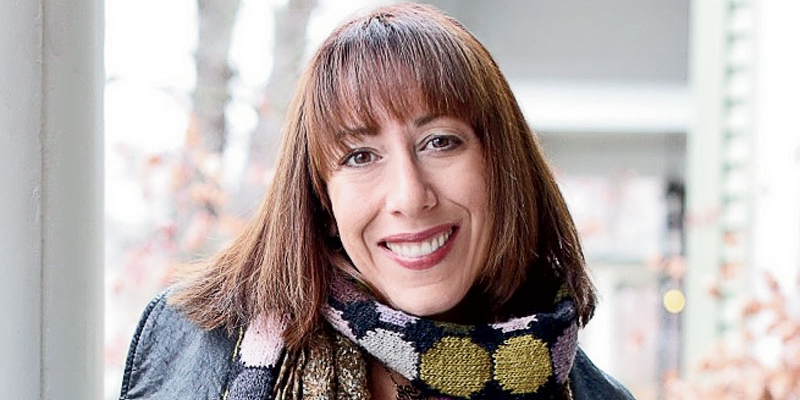
Gina Frangello on the Editorial Omniscient and Why We Should All Be Using it
In Conversation with Brad Listi on Otherppl
Gina Frangello is the guest in the latest Craftwork episode. We talk about the editorial omniscient point of view—what it is, what it can do, and how to use it in your writing.
Subscribe and download the episode, wherever you get your podcasts!
From the episode:
Brad Listi: Okay. And so before we go any further, just for listeners, so we can make sure to keep people oriented, let’s define editorial omnition again.
Gina Frangello: I’ll give Burroway’s definition, she says you can objectively report what’s happening. I’m going to talk more about this myth of objectivity later. You can go into the mind of any character. You can interpret for us that character’s appearance, speech, actions, thoughts, even if the character themself is unaware of those things. You can move freely in time and space to give us a panoramic, telescopic, microscopic or historical view. You can tell us what happened elsewhere or in the past, or what will happen in the future.
Like, little did Brad know that as he was having, you know, this struggle, meanwhile, a relative he doesn’t know exists in Hungary is doing X. Or for example, like Brad didn’t realize that when he was born, his mother thought X. You know what I mean? It can do anything it wants. If you like to play with language it’s really intoxicating. And then finally, the final point here that is set in craft books is that it provides general reflections, judgments and truths. And so here I want to say that I’m asterisking truths just like objectivity.
I think that one of the reasons people don’t embrace editorial omniscience as much as they otherwise would is that our old white masters of craft, like the John Gardners and so forth, really do equate this point of view with like the writer is God and gets to kind of pronounce what is true, gets to be objective and wise or almost above the characters. And that can seem very unpalatable to a lot of contemporary writers. Like I’m not above my characters and I don’t want my reader to think I am, and I don’t want my reader to feel above my character is like, we’re all in the sticky, messy brew together.
But I think that more contemporary practitioners of editorial omniscience understand that. They’re not using it because they think that they’re imparting wisdom or pronouncing truth and they realize that the author is just as biased as any character the author could possibly create. We’re all always biased, and we all know only what we know, and we’re all only in our own heads and skin.
*
Gina Frangello is the author of the acclaimed memoir Blow Your House Down: A Story of Family, Feminism, and Treason (Counterpoint, 2021). Her other books include Every Kind of Wanting, A Life in Men, Slut Lullabies, and My Sister’s Continent. Her short fiction, essays, book reviews, and journalism have been published in Ploughshares, The Boston Globe, Chicago Tribune, HuffPost, Fence, Five Chapters, Prairie Schooner, Chicago Reader, and many other publications. She is also the co-founder, with Emily Rapp Black, of Circe Consulting, which provides a variety of services to writers.
Otherppl with Brad Listi
Otherppl with Brad Listi is a weekly podcast featuring in-depth interviews with today’s leading writers. All episodes—hundreds of them—are available for free. Listen via iTunes, Stitcher, iHeart Radio, or right here on Lit Hub. You can also download the Otherppl with Brad Listi app, available for iPhone and Android.



















